
Hematology and oncology pharmacists discussed patient outreach at a panel during the Hematology/Oncology Pharmacy Association’s (HOPA) annual conference in April.

Hematology and oncology pharmacists discussed patient outreach at a panel during the Hematology/Oncology Pharmacy Association’s (HOPA) annual conference in April.
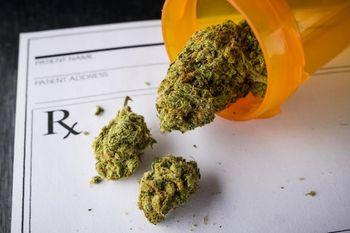
During a presentation at the recent Community Oncology Alliance Annual Conference in Orlando, Florida, Ray Bailey, RPh, discussed the implications of medical marijuana for patients with cancer.
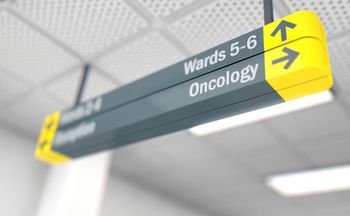
Health-system–owned and operated specialty pharmacies have become a trend to not only capture previously unrealized profit but to also close the gap between provider, patient, and medication.

Despite advances in cancer care, patients typically face obstacles to treatment.

As the cost of treating the disease has risen, so too have the direct medical care expenses that patients pay out of pocket, as commercial insurers increasingly shift the burden of paying for treatment to patients through higher premiums, deductibles, and co-pays.
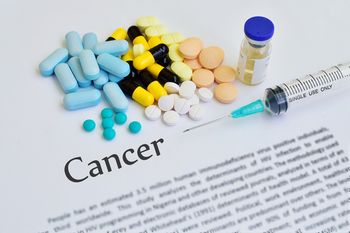
As a nonprofit focused on enhancing patient care. COPA is in a unique position to serve as a noncommercial organization dedicated to addressing community oncology pharmacy issues, all in the sole interest of patient care.

Complementary therapies, such as supplements or aromatherapy, have the potential to benefit patients with cancer, but can also trigger adverse events when they interact with oncology medications.
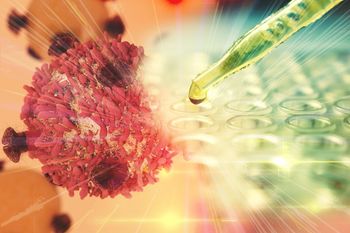
Immunotherapy methods emerged on the oncology market as adoptive cell transfers, specifically chimeric antigen receptor (CAR) T-cell therapies, with clear benefits in hematologic malignancy treatment.

As new specialty products have begun to dominate the developmental pipeline, specialty pharmacy has entered the mainstream of the supply chain to the point where we can arguably refer to much of the channel as “traditional specialty.”

On November 2018, the FDA approved Pfizer’s glasdegib (Daurismo) for the treatment of newly diagnosed acute myeloid leukemia (AML) in patients 75 years and older with comorbidities that prevent the use of intensive induction-dose chemotherapy.
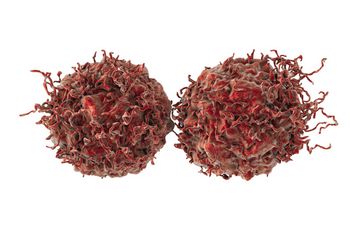
On February 14, 2018, the FDA approved apalutamide (Erleada) by Janssen Biotech Inc for the treatment of nonmetastatic castration-resistant prostate cancer (NM-CRPC).